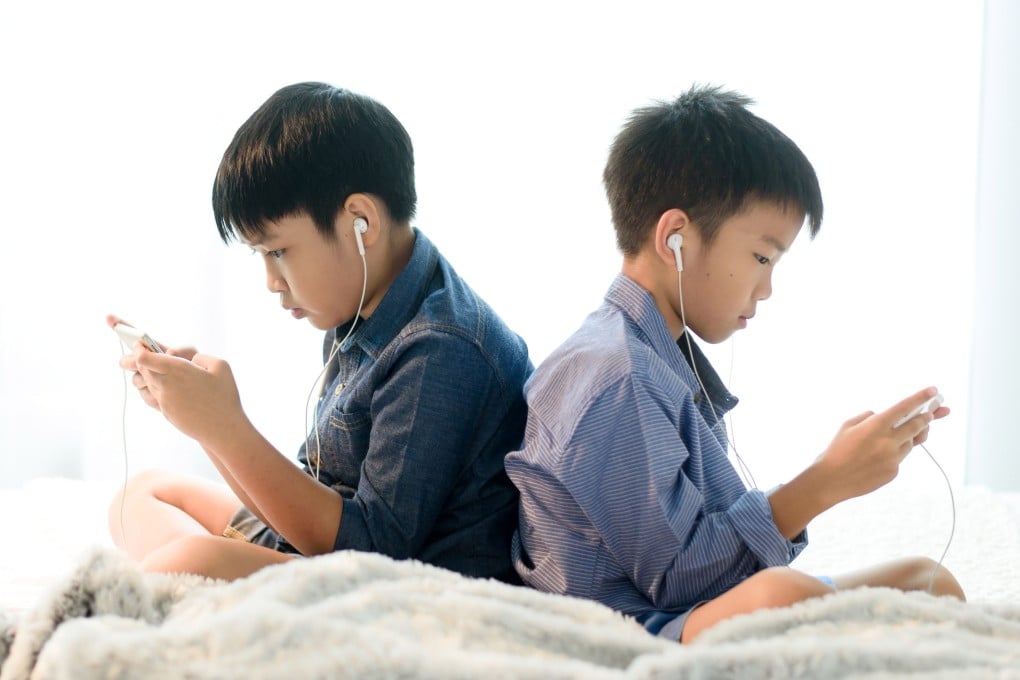Screen time for kids: why limits are vital to help them learn how to interact with others, and have time for physical exercise
- Babies need face-to-face interaction with parents, especially eye contact, for their brain development and children need it to learn empathy, an expert says
- The more children play video games the more likely they are to develop obsessive-compulsive disorder, research shows. And they can develop physical problems

A mother might laugh and find it cute when her baby tries to “swipe” a photograph in a book, or tap their fingers on a poster as if it were a touch screen.
However, Hong Kong clinical psychologist Quratulain Zaidi points to something much deeper going on in the child’s brain – an internalisation, or expectation, that all actions have an immediate effect, and all stimuli elicit a quick response.
For parents raising children in a world shaped by technology, it raises one big question: how much screen time should my child have?
Online platforms dedicated to parenting are inundated with comments on the subject.

The American Academy of Pediatrics recommends that for children two to five years of age, screen time should be limited to just one hour a day.
For children ages six and older, it suggests parents can determine how much time they should be allowed to spend using screens, as well as monitor the types of digital media their children use.